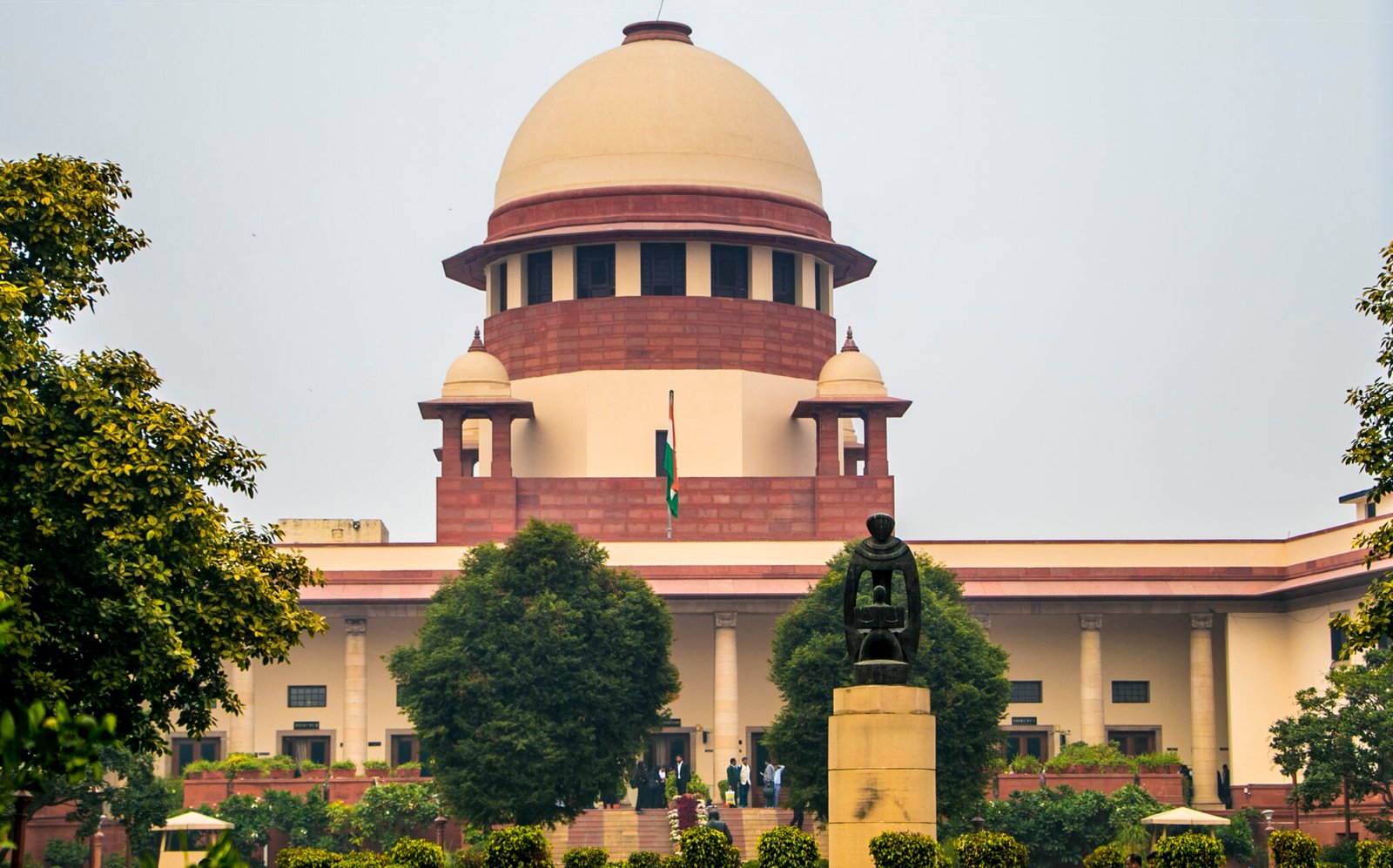The Supreme Court of India has commended Tamil Nadu’s innovative deployment of preventive detention tools under the Goondas Act to curb major cyber fraud. In so doing, the court acknowledged that traditional criminal law frameworks are inadequate for dealing with sophisticated digital offences.
FCRF x CERT-In Roll Out National Cyber Crisis Management Course to Prepare India’s Digital Defenders
Why the Court Approved Detention for Cyber Offenders
During hearings on challenges to a preventive detention order, Justice Sandeep Mehta observed, “This is a good trend… preventive detention …against cyber law offenders. Normal criminal laws are not proving successful.”
The case involved Abhijeet Singh, arrested in Theni district over an alleged ₹84.5 lakh cyber fraud. Investigators said Singh created fake companies and bank accounts to siphon ₹12.14 lakh from one victim. He was subsequently detained under the Tamil Nadu Prevention of Dangerous Activities Act, 1982—also known as the Goondas Act.
Tamil Nadu has amended this Act to include cyber offenders alongside bootleggers, drug traffickers, and organized criminals. The Supreme Court noted this legislative expansion allows authorities to act swiftly against high-tech crimes that harm public order.
Algoritha: The Most Trusted Name in BFSI Investigations and DFIR Services
Next Steps: Legal Contest and Detention Review
Singh’s father challenged the detention, arguing it was excessive for a first-time offender and violated constitutional rights under Article 22(5). The High Court upheld the detention order after finding procedural norms were met. Now, the Supreme Court will reconsider the petition, with the bench requesting further documentation including the state’s affidavit. The matter is scheduled for further hearing “next week.”
Meanwhile, police authorities will review whether Singh’s case genuinely posed a threat to public order, and if lesser corrective measures might suffice. The Supreme Court reiterated that detention duration and its basis remain within governmental discretion, not judicial prescription.
About the Author – Anirudh Mittal is a B.Sc. LL.B. (Hons.) student at National Forensic Sciences University, Gandhinagar, with a keen interest in corporate law and tech-driven legal change.


